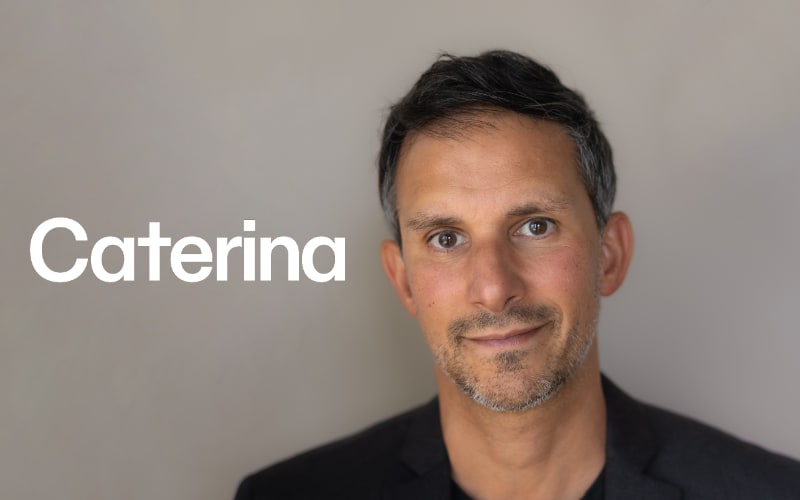Tamil Nadu needs to focus on both high-value manufacturing and services as well as low-skilled manufacturing which generates large-scale jobs, while keeping a tab on public debt, argued top economists, Raghuram Rajan and Arvind Subramanian.
The State has set an ambitious goal of becoming a $1-trillion economy by 2030. Rajan and Subramanian felt that the state’s goal is achievable, the economists said while addressing a session at the Global Investors Meet here.
However, the State needs to grow at 18 per cent over the next 7-8 years to achieve its trillion-dollar economy target. Even China had managed to grow only between 10-12 per cent over 40 years. The State’s goal is ambitious and if there is any State in India that could do it, it is probably Tamil Nadu. Also, if there is any point of time in history where it could be done, it is now,” said Subramanian.
While Subramanian felt China’s decline in manufacturing would be a big opportunity for India to grab and provide opportunities in some select sectors where large-scale jobs could be generated, Rajan felt that it was time that the State focused more on high-end value-addition segments. “China is still an attractive place for manufacturing. But, we have more high-skilled engineers than Europe and should target specialised manufacturing,” Rajan added.
Skilled workforce
However, both economists agreed that skilling the workforce would be need of the hour to compete with China in manufacturing as most industries are facing a lack of skilled workers. Despite rising labour costs, Tamil Nadu has attracted manufacturing companies and it is an indication that the State offers a better skilled workforce.
While shifting its focus on high-end value addition jobs, Tamil Nadu could use migrant labourers to maintain its position in attracting low-skilled workers. However, Subramanian said the State should rise above the political challenges that migration could cause.
Discussing the high public debt of Tamil Nadu, both economists felt it was not alarming, but required attention. Subramanian said 1/3rd of the debt was accounted for by the DISCOM and the State was committed to institutional reforms.
Rajan pointed out that a combination of factors could help the State to maintain its public debt. Tamil Nadu should ensure steady growth in revenues, minimise expenditure and continue to attract big investments.
Answering the scope to boost FDI in the state, Subramanian said while the State is creating the trajectory for the FDI, it should continue to focus on offering stable policies, ensuring social stability and improving ease of doing business while effecting some institutional reforms.




































